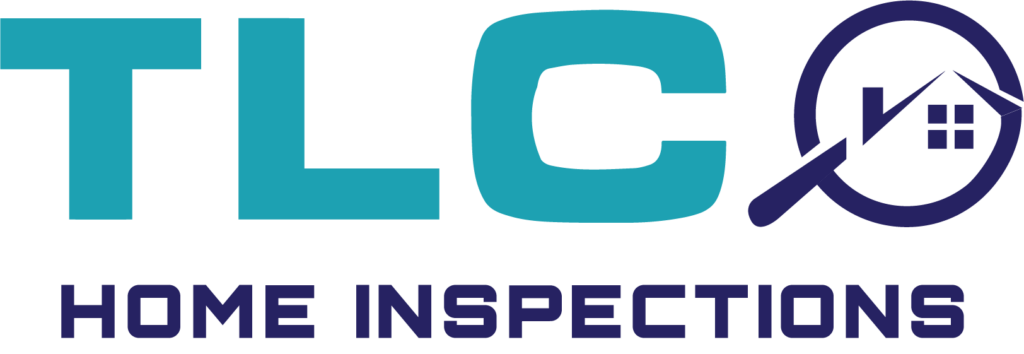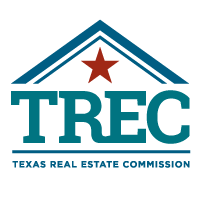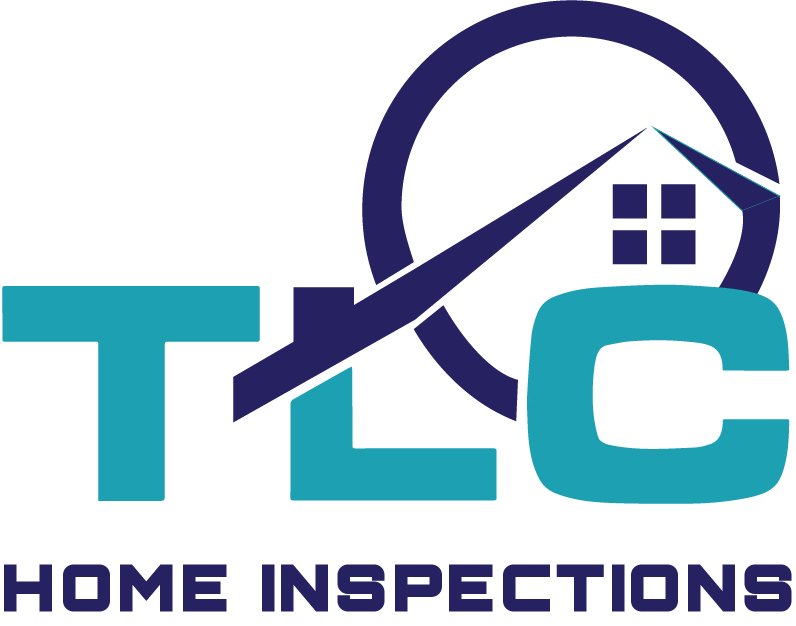Home Inspection FAQs
What is a home inspection?
A home inspection is an objective visual examination of the physical structure and systems of a house, from the roof to the foundation. It is representative of the house at the time of inspection.
What does an inspection include?
Inspectors typically evaluate the condition of the home’s heating system; central air conditioning system; interior plumbing and electrical systems; the roof, attic, and visible insulation; walls, ceilings, floors, windows, and doors; and the foundation, basement, and structural components.
Industry group InterNACHI publishes a Standards of Practice and a Code of Ethics that outline what homeowners should expect to be included in an inspection report, and the Texas Real Estate Commission (TREC) publishes similar material pertinent to state law on its website. In Texas, home inspections can be performed only by TREC-licensed professionals with proper insurance.
Why do I need my home inspected?
Buying a home could be the largest single investment you will ever make. To minimize unpleasant surprises and unexpected difficulties, you’ll want to learn as much as you can about the property before you buy it. An inspection may identify the need for major repairs in an existing structure or builder oversights in new construction, as well as the need for maintenance to keep it in good shape. After the evaluation, you will know more about the house, which will allow you to make decisions with confidence.
If you already are a homeowner, a property assessment can identify problems in the making and suggest preventive measures that might help you avoid costly future repairs. And if you are planning to sell your home, it can give you the opportunity to make repairs that will put the house in better selling condition.
What will it cost?
The fee varies depending on a number of factors such as the size of the house, its age, foundation type, and possible optional systems such as pools, spas, boat docks, wells, irrigation systems, or septic systems.
But don’t let cost be a factor in deciding whether to have an inspection — or in your choice of inspector. The sense of security and knowledge gained from a thorough assessment is well worth the cost, and the lowest-priced inspection is not necessarily a bargain. Use the inspector’s qualifications, including experience, training, compliance with state regulations, if any, and professional affiliations as a guide.
Why can’t I do it myself?
Even the most experienced homeowner lacks the knowledge and expertise of a professional home inspector. Professionals are familiar with the elements of home construction, proper installation, maintenance, and home safety. They know how the home’s systems and components are intended to function together, as well as why they fail.
Above all, most buyers find it difficult to remain completely objective and unemotional about the house they really want, and this may have an effect on their judgment. For accurate information, it is best to obtain an impartial, third-party opinion.
Can a house fail an inspection?
Even the most experienced homeowner lacks the knowledge and expertise of a professional home inspector. Professionals are familiar with the elements of home construction, proper installation, maintenance, and home safety. They know how the home’s systems and components are intended to function together, as well as why they fail.
Above all, most buyers find it difficult to remain completely objective and unemotional about the house they really want, and this may have an effect on their judgment. For accurate information, it is best to obtain an impartial, third-party opinion.
Who belongs to InterNACHI?
The International Association of Certified Home Inspectors (InterNACHI) is the world’s most elite, nonprofit inspection association. Our home-buying clients enjoy the professionalism only InterNACHI-certified inspectors can provide. TLC’s inspectors have earned that certification, having passed the organization’s Inspector Examination, and we all adhere to InterNACHI’s Standards of Practice and Code of Ethics. We also attend required continuing education courses
When should I call a home inspector?
Typically, an inspector is contacted immediately after the contract or purchase agreement has been signed. Before you sign, be sure there is an inspection clause in the sales contract, making your final purchase obligation contingent on the findings of a professional evaluation. This clause should specify the terms and conditions to which both the buyer and seller are obligated.
Do I have to be at the inspection?
While it’s not required that you be present, it is highly recommended. You will be able to observe the inspector and ask questions as you learn about the condition of the home and how to maintain it.
When do I receive my report?
We deliver most of our reports the same day and guarantee them within 24 hours. We also include any photos necessary to understanding a current condition or problem.
What if the report reveals problems?
No house is perfect. If the inspector identifies problems, it doesn’t mean you should or shouldn’t buy the house, only that you will know in advance what to expect. Keep in mind that you can also schedule specialty inspections for any additional concerns. If your budget is tight, or if you don’t want to become involved in future repair work, this information will be important to you. If major problems are found, a seller may agree to make repairs.
If the house proves to be in good condition, did I really need an inspection?
Definitely. Now you can complete your home purchase with confidence. You’ll have learned many things about your new home from the inspector’s written report, and you will have that information for future reference. Feel free to also take advantage of our homeowner resources for additional assistance.
Do you offer an expert witness testimony service?
Yes. We offer expert witness testimony for an additional fee. Contact us for details and an estimate of the cost.
Above all, most buyers find it difficult to remain completely objective and unemotional about the house they really want, and this may have an effect on their judgment. For accurate information, it is best to obtain an impartial, third-party opinion.







